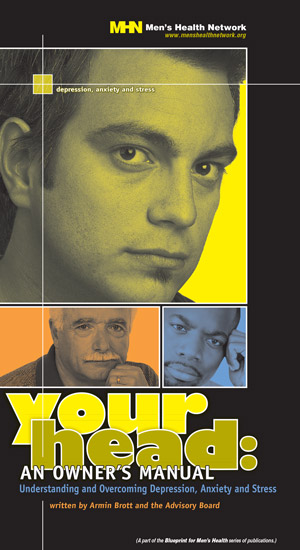Dear Healthy Men: Like a lot of men my age (I’m 44), I have occasional problems in bed. I think it’s happening because I’m stressed about finances and life in general. I’ve been taking medication that helps, but my wife is concerned that it might be a symptom of something more serious and is urging me to get checked out. Could she be right?
A: Your wife sounds like a smart lady—and she’s definitely right. While there’s no question that erectile dysfunction (ED) can be caused by depression or anxiety, there’s also no question that it can be caused by existing or impending physical problems. These include cardiovascular issues (including high blood pressure and high cholesterol), diabetes, hormone imbalances (including too-high levels of prolactin and/or too-low levels of testosterone), urinary tract problems, spinal cord injury, and some neurological issues.
What most of these conditions have in common is that they effect blood flow throughout the body. And since the arteries in the penis are smaller in diameter than those in the heart, it doesn’t take much to reduce or block blood flow there, which in turn may lead to ED. That’s why it’s more common for men with known coronary artery disease to complain about ED than it is for men with ED to complain about heart problems—but that doesn’t mean that those heart problems don’t exist. In fact, “having ED can predict that a man will probably have heart disease symptoms within five years,” according to the Cleveland Clinic (my.clevelandclinic.org). They add that, overall, “having ED is as much a risk factor for heart disease as a history of smoking or a family history of coronary artery disease.”
Okay, so now you understand the connection between ED and other health issues. But putting aside sex for the moment, do you have erections during the night or first thing in the morning? Most adult males have three to five erections every night, each lasting roughly five to twenty minutes. Judson Brandeis (brandeismd.com), the urologist and men’s sexual medicine expert I quoted here a few weeks ago, says that these nighttime erections (technically referred to as “nocturnal penile tumescence” or NPT; less-technically referred to as “morning glory” or “morning wood”) are the body’s way of providing oxygenated blood to the penis and keeping scar tissue from forming.
NPT can be very helpful in diagnosing or ruling out underlying physical problems. For example, if you have frequent, strong NPTs but suffer from ED when you try to have sex, your medical provider may be able to rule out conditions or diseases that affect blood flow, and may want to investigate psychological causes instead. On the other hand, a decrease in—or total lack of—NPT is a strong indicator that the problem isn’t “just in your head,” and is, instead, physical.
So follow your wife’s advice and schedule a physical exam. Tell the provider about your ED (yes, it may make you uncomfortable, but do it anyway) and ask to be screened for high blood pressure, cholesterol, and diabetes. Also be sure to talk about lifestyle issues: both cigarette smoking and alcohol consumption are strongly associated with ED.
Photo by Julia Craice on Unsplash




Recent Comments